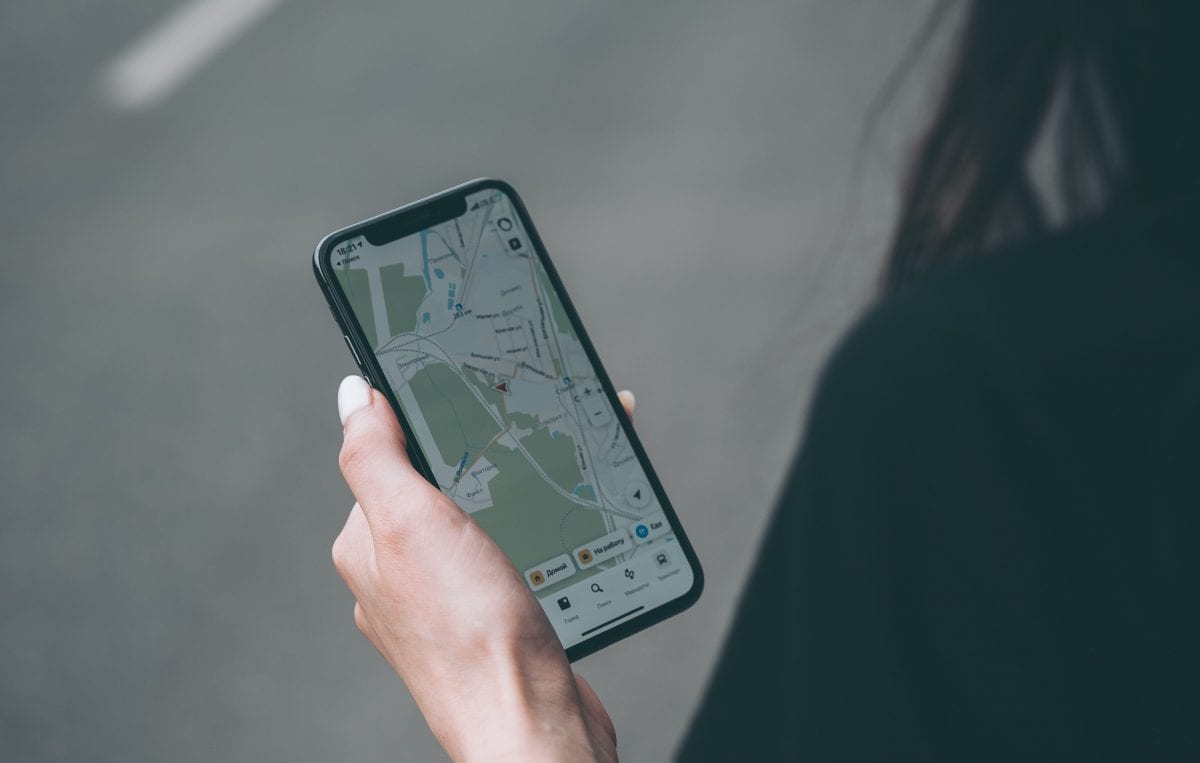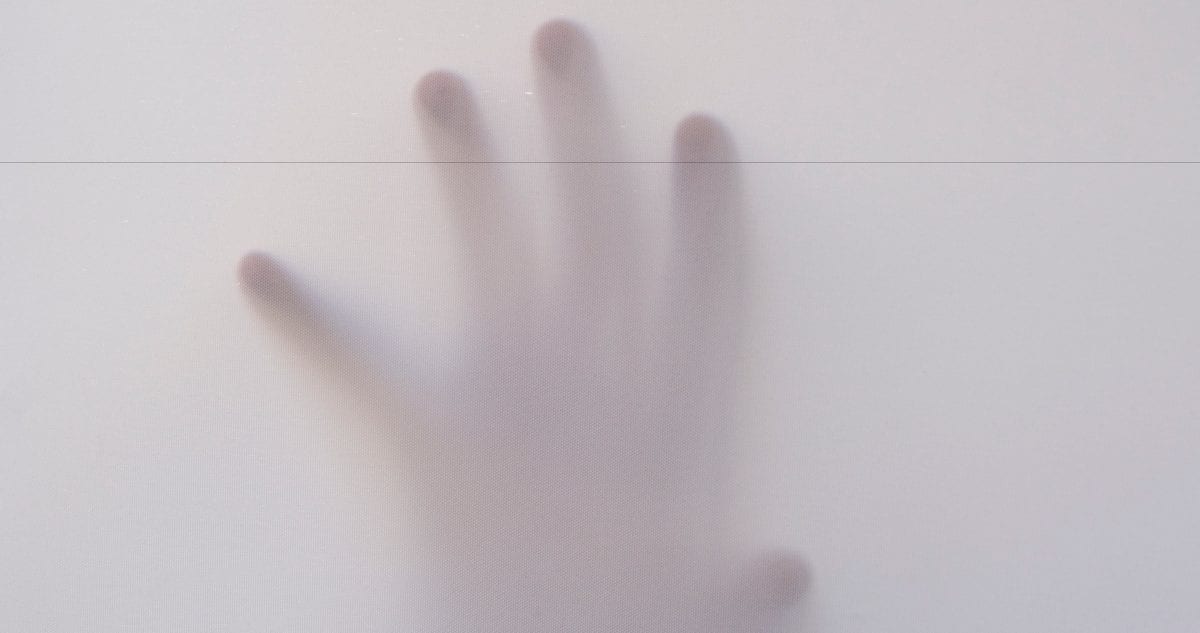Build Your Exercise Routine Back
Are you out of shape after the pandemic? Many people had exercise routines centered around going to a gym or participating in a team sport. During the pandemic, that kind of exercise was not possible. Few have had the willpower to implement a corresponding solo regime, so we’re out of shape.
But now gym reopenings are beckoning, and you can soon go back to your weekly aerobics or Taekwondo class. To prepare for that, start going a little bit of exercise every day. If you’ve not been training at all, start with ridiculously small amounts of exercise, but add a little every day. Write down in your journal what you did and make sure you do just a little more each day. If you jogged for 100 yards yesterday, jog 150 yards today. If you did 3 jumping jacks yesterday, do 4 today.
Movement is important for both your physical and mental health. Start building your exercise routine back.









